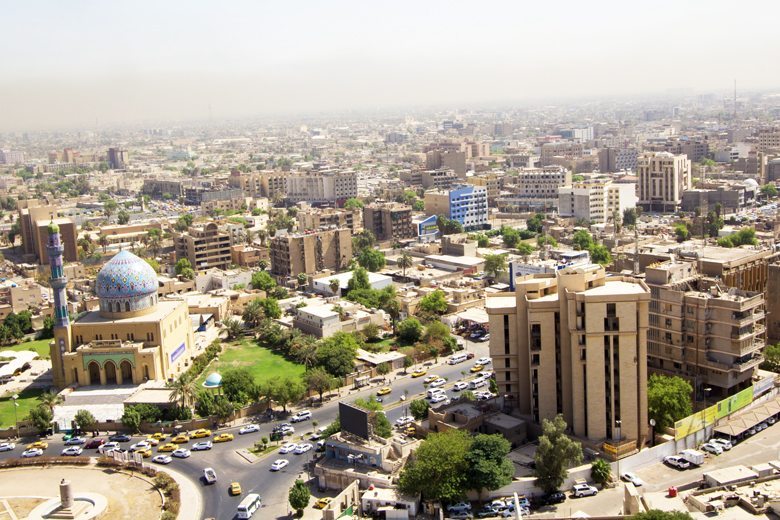

Baghdad now has access to $824.8m to continue economic reforms
The IMF has completed the second review of the Iraqs three-year Stand-By Arrangement (SBA), clearing the way for Baghdad to spend about $824.8m and continue pushing its economic agenda.
The latest draw down brings the total disbursement to Iraq to about $2.11bn, the Washington-based fund said in a statement. The IMF, in July 2016, had approved the overall $5.34bn SBA, a programme designed to support the Iraqi economic reforms and restore fiscal balance in the country over the medium term.
Iraq needs to address the urgent balance of payments need, bring spending in line with persistently lower global oil prices, and ensure debt sustainability. Its reform agenda also includes measures to protect the poor, strengthen public financial management, enhance financial sector stability, and curb corruption.
Iraq, which is the member of Opec and relies heavily on sale of hydrocarbons for revenues, is implementing a sizable fiscal adjustment, mostly through retrenchment of inefficient capital expenditure, while protecting social spending, according to the IMF statement.
Baghdad has appropriately maintained the peg of the Iraqi dinar to the US dollar, which provides a key anchor to the economy. Efforts to prevent money-laundering, counter the financing of terrorism, and strengthen the anti-corruption legislation, however, need to be stepped up.
Further fiscal consolidation was achieved in 2016, but at a slower pace than programmed because of weak control of investment expenditure and humanitarian needs, David Lipton, first deputy managing director at the IMF said in the statement. To move the program forward, the authorities are implementing strong corrective measures as prior actions and are committed to further fiscal measures in 2018 to ensure external and debt sustainability.
The IMF executive board as part of the review also approved Iraqs request for waivers of non-observance and applicability of performance criteria, and modification of performance criteria.
Baghdad is engaged in a battle against Islamic hardliners, which has created a humanitarian crisis, adding to its financial woes. Iraqi Prime Minister Haider al-Abadi, in July, declared victory after months of fierce street fighting in Mosul. The country, that has many smaller towns and suburbs still under the control of Islamic State militants, needs substantial resources to improve security.
The IMF, however said that implementation of the budget-sharing agreement with the Kurdistan Regional Government (KRG) would put both the federal government and the KRG in a better position to address the shocks to the Iraqi economy.
The composition of the fiscal adjustment should be improved over time by increasing non-oil revenue and reducing current expenditure.
Iraq should reform the electricity sector and state-owned enterprises, which will make room for larger and more effective investment expenditure that supports growth and job creation, according to the IMF, which pointed out strengthening the legal framework of the Central Bank of Iraq and restructuring state-owned banks as the main measures required to bolster stability in the financial sector.
This article has been unlocked to allow non-subscribers to sample MEEDs content for FREE. MEED provides exclusive news, data and analysis about the Middle East every day. Subscribe to MEED to have full access to Middle East business intelligence. Click here
You might also like...

Iran-US talks see earnest engagement
27 February 2026

Kuwait receives bids for $400m Subiya utilities plant works
27 February 2026

A partner’s perspective on working with Sharakat
27 February 2026

Egypt’s Obelisk equity move merits attention
27 February 2026
A MEED Subscription...
Subscribe or upgrade your current MEED.com package to support your strategic planning with the MENA region’s best source of business information. Proceed to our online shop below to find out more about the features in each package.
Take advantage of our introductory offers below for new subscribers and purchase your access today! If you are an existing client, please reach out to your account manager.









